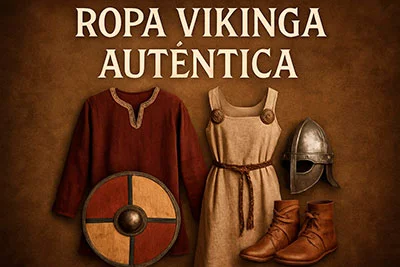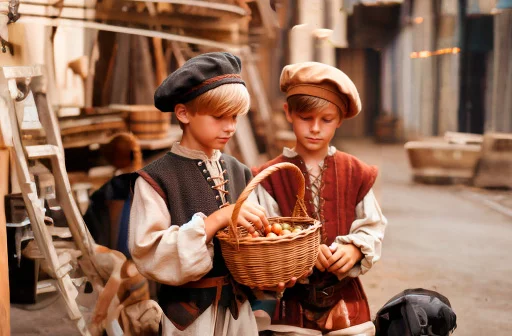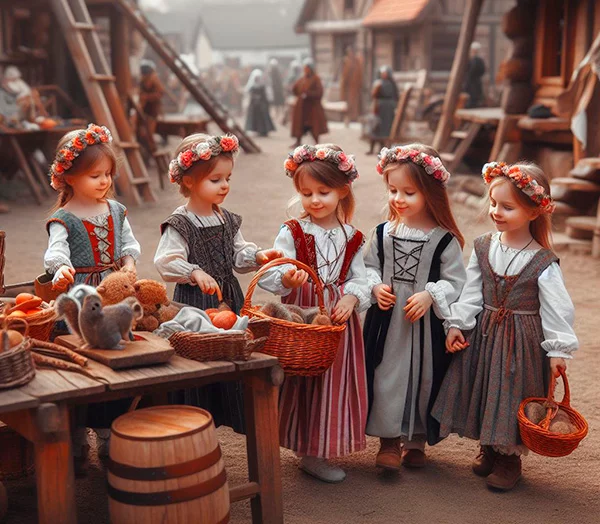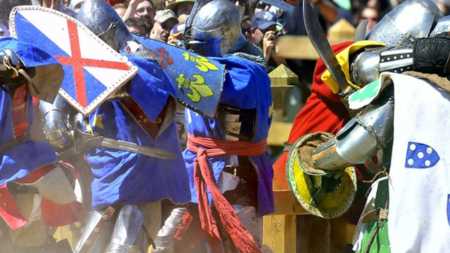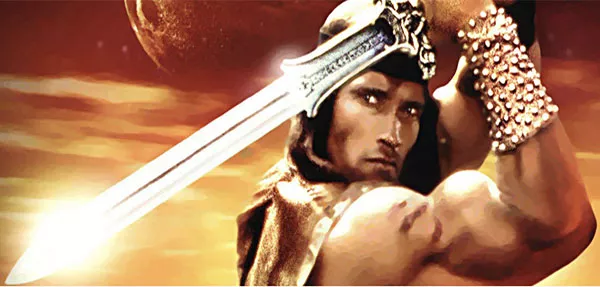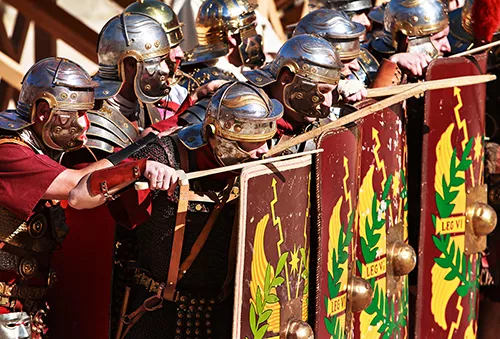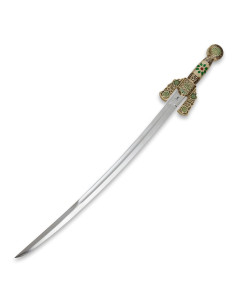kabylas
The Cultural Heritage of the Kabilas
The Kabilas represent more than just simple weapons; they are a rich representation of the history and culture of various communities. These traditional swords are crafted using techniques that have endured over time, reflecting the identity of the peoples who wield them. In a world where technology dominates, the Kabilas remind us of the importance of keeping our cultural heritage alive.
Furthermore, each piece is unique, showcasing not only the skill of the craftsman but also the symbolism behind its design. By choosing a Kabila, one acquires not just an object, but also an element that connects with centuries of tradition and meaning, turning it into a work of art worthy of being displayed.
The Design and Manufacturing Technique
The techniques used in the manufacturing of Kabilas vary significantly by region. Skilled artisans employ ancestral methods to forge these swords, using materials that ensure their durability and beauty. The process includes everything from selecting the appropriate steel to the final finish, where attention is paid to every detail.
The design of the Kabilas is not merely aesthetic; each element has a purpose and meaning. Many feature inscriptions or engravings that tell stories, represent beliefs, or symbolize achievements. The dedication and commitment of the artisans result in pieces that are true relics, perfect for collection or display.
Uses and Significance of the Kabilas
Traditionally, Kabilas were not only used as weapons in battle but also played a fundamental role in ceremonies and rituals. These swords symbolize valor and honor, and are often used in significant events that celebrate local culture. Their presence on certain occasions highlights the importance of values and heritage within the community.
Moreover, the Kabila is a symbol of identity and social status. Owning a decorated Kabila can signify cultural pride and a connection to ancestral traditions. In this sense, more than a physical object, the Kabila is a link to the history and values that are passed down from generation to generation.
Caring for and Maintaining Kabilas
Caring for a Kabila properly is essential to preserving its beauty and functionality. Regular cleaning and storing it in appropriate conditions are key. It is recommended to clean it with a soft cloth and keep it away from moisture to avoid material corrosion. Ensuring that it is kept in a secure place where it cannot be damaged is equally important.
Preventive maintenance not only prolongs the lifespan of the Kabila but also ensures that its historical and cultural value is preserved. With proper care, these swords can be kept in optimal condition for years, making them a valuable investment for any collector or enthusiast of traditional culture.
How to Choose the Ideal Kabila for You
When choosing a Kabila, it is essential to consider several factors. First, the history behind each design and its significance can make a significant difference in the connection one feels with the piece. Researching the different styles and origins will help you make an informed and meaningful choice.
Another important aspect is the quality of craftsmanship. Look at the details in the finish and decoration; these features are indicative of the artisan's skill. Finally, think about the use you plan for it: if it is for display, seek an impressive and decorative Kabila; if it is for use, opt for one that combines beauty and functionality.
What is a Kabila?
Kabilas are traditional swords that represent the cultural wealth of various communities. Made by artisans, they are often decorated with engravings that tell stories and symbolize values, making them works of art that transcend time.
What is the difference between a Kabila and other swords?The main difference of Kabilas lies in their origin and design. Each Kabila is rooted in the culture of its community, and its appearance and use tend to be unique. Other swords may have more universal and less culturally specific approaches.
What are Kabilas commonly used for?Kabilas are primarily used as symbols of cultural status, in ceremonies, and as display pieces. Although they can be used in combat, their role has evolved to represent the tradition and heritage of the communities that possess them.
Are Kabilas easy to maintain?Maintaining Kabilas involves regular cleaning and proper storage. They should be cleaned with a soft cloth and stored in dry places to avoid corrosion. With a little care, they can last for many years while maintaining their beauty and functionality.
What aspects should I consider when buying a Kabila?When buying a Kabila, consider the history behind the design, the quality of craftsmanship, and the use you plan for it. Researching the different options will help you make a meaningful choice that resonates with you and your values.
Are Kabilas collectible pieces?Yes, Kabilas are highly valued by collectors due to their rich history and artisanal design. Each Kabila is unique, making it an ideal piece for those looking to add significant value to their collection of cultural objects.
Can Kabilas be used in ceremonies?Most Kabilas are designed to be used in ceremonies and cultural events. Their presence on such occasions not only beautifies the event, but also symbolizes the heritage and values that groups wish to preserve and celebrate.
Dive into the fascinating world of Kabilas and discover the rich cultural heritage they represent. They are not just swords; they are pieces of art laden with history and symbolism. Explore our online collection and choose the one that speaks to your heart. Make your purchase today and be part of this tradition!

